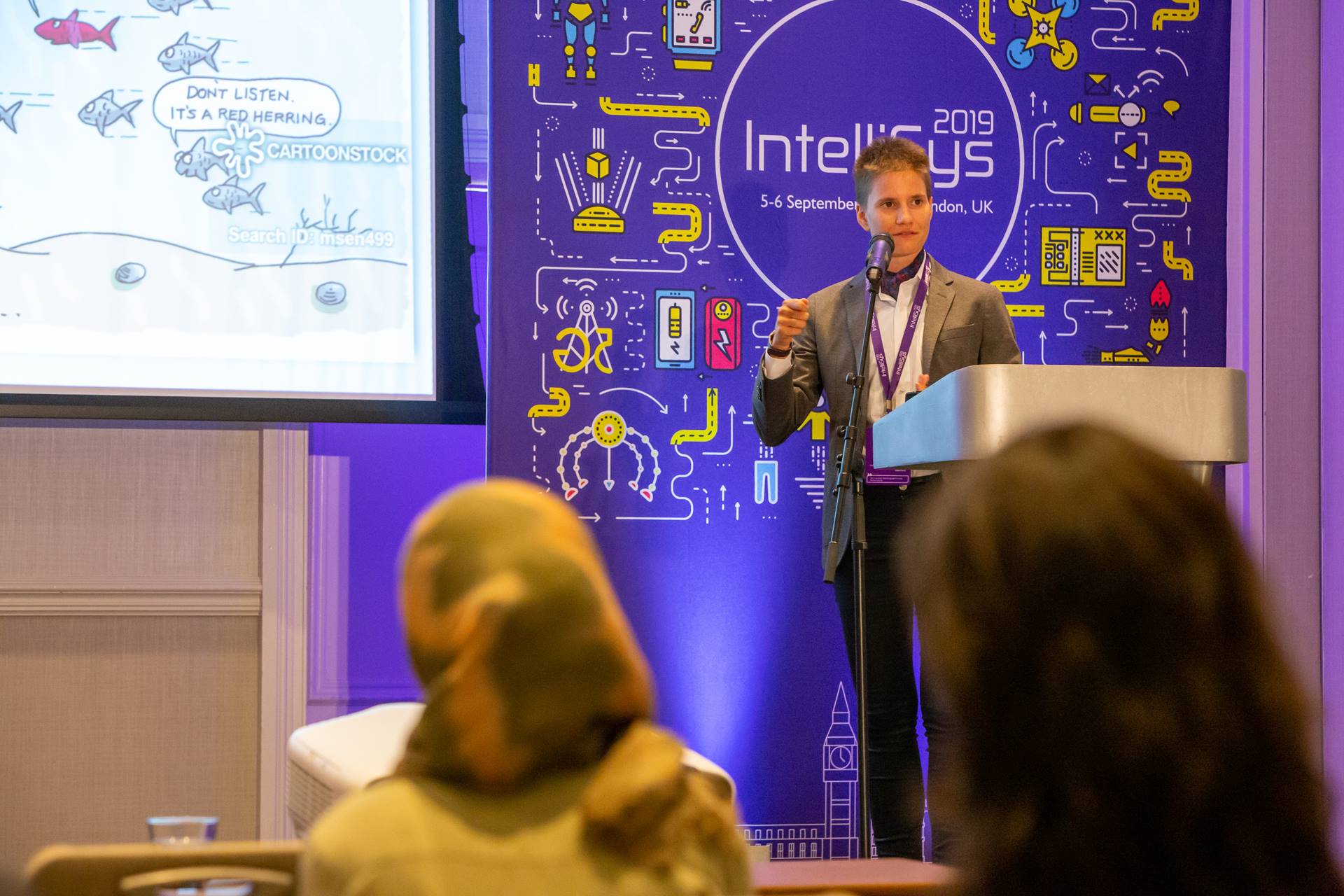The Science and Information Organisation’s annual Artificial Intelligence Conference, IntelliSys, is returning for 2021 as a virtual conference.
Recognised as one of the leading AI conferences globally, the conference provides an international forum for researchers and practitioners from diverse fields to explore the fundamental roles, interactions as well as practical impacts of Artificial Intelligence.
Taking place between 2nd and 3rd September, this year’s conference will focus on areas of intelligent systems and artificial intelligence (AI), machine vision, robotics and ambient intelligence, and how they apply to the real world.
Over 200 people from universities and organisations across the globe have already purchased tickets to attend.
IntelliSys is part of the original SAI conference series that started in 2013, which includes the Computing Conference, the Future Technologies Conference (FTC) and the Future of Information and Communication Conference (FICC).
Each of these conferences bring together some of the most devoted minds in the industry to share ideas and showcase achievements and are a place for researchers to promote and defend their work based on its merits.
This year, students and researchers from 55 countries associated with University of Virginia, North Carolina A&T State University, California State University, Kansas State University, University of Portsmouth, Iowa State University, Nanyang Technological University, University of Sussex, National College of Ireland, Arizona State University, Cairo University, University of Bedfordshire, Newcastle University, Ant Group, EDF R&D, BMW AG and more, will present papers on smart cities, IOT, context-aware pervasive systems, assistive robots, agents and multi-agent systems, geographic systems, smart healthcare, NLP, and deep learning.
Lectures delivered by a selection of high-profile keynote speakers will include:
· Amy Bruckman, Professor, Georgia Institute of Technology: Should You Believe Wikipedia? Virtue Epistemology and the Future of Intelligent Systems to Promote Knowledge
· Wojciech Szpankowski, Center for Science of Information, Director; Purdue University: Science of AI
· Nikola Kasabov, Auckland University of Technology, NZ: Brain-Inspired Computation for Intelligent Systems
· Elias Fallon, Engineering Group Director, Cadence Design Systems: Accelerating Computational Intelligence with Machine Learning for Electronic Design Automation
IntelliSys 2021 proceedings will be published in the Springer series “Lecture Notes in Networks and Systems”.
In line with the conference’s aim to connect researchers, students, professors and attendees, a series of workshops, roundtables and networking hours will also take place across the two-day conference.
Professor Sebastiano Battiato, professor at University of Catania and chair of the conference said: “We believe we have created an exciting programme to stimulate discussions on the highly interdisciplinary state of Artificial Intelligence, its applications and future trends. Also, the conference structure was planned to promote diversity of attendance and inclusivity of participation, and we believe we have achieved that.”
Founded in 2010 as an independent conference management and publishing company, The Science and Information (SAI) Organization is responsible for featuring information covering the diverse domains in technology.
For more information on IntelliSys and other upcoming conferences, please visit www.saiconference.com.


